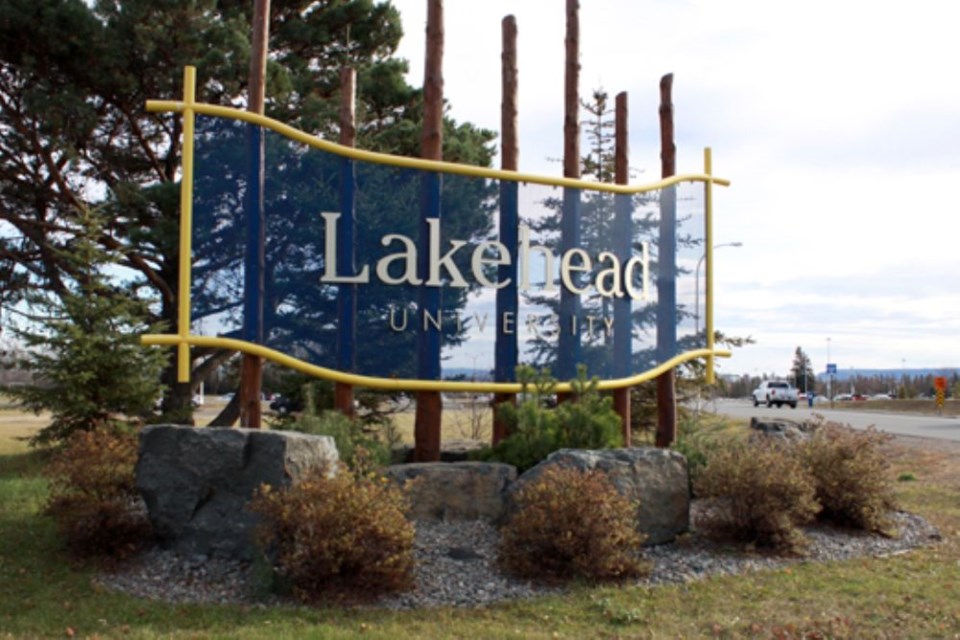“I found Ghayath Almadhoun on Youtube today”
What are some of the links between social justice as a cornerstone in research and the Syrian refugee crisis?
Social justice does not seek neutrality or balance; social justice bears witness to individuals and communities who have been unheard, traumatized, misrepresented, and dispossessed.
For me, as a literary and cultural studies scholar, in addition to interdisciplinary materials, I turn to poets and prose writers of Arab lands and of the Arab and Muslim diaspora. I (re)search poetry, narrative, and fiction as they help humanize statistics, facts, and academic discourses.
Poets and prose writers help us consider on a shared human and emotional level the violences inflicted on bodies and communities.
The Syrian crisis has not developed in a vacuum; it is part of a larger, longer history of violence brought to Arab lands. The scale of the Syrian crisis is immense. Can poets and fiction writers help us understand incomprehensible mass violence?
At times even poets have said, give up poetry, and fiction writers themselves have stopped writing novels and short stories. Indeed, in times of trauma it is difficult if not impossible to formulate words. In 1967, for example, Egyptian writer Naguib Mahfouz stopped writing for five years after Israel occupied Jerusalem.
Yet, as Palestinian poet Mahmoud Darwish wrote, “We have on this earth what makes life worth living.” At the roundtable, with Arab poets as my research guide, I hope to share with you some ways to think through the effect of violence and trauma on Syrian peoples and their diverse cultures and communities.
Lakehead University will host a round table discussion called Understanding Refugees in Crisis: Community and Citizenship from 7 to 9 pm on Monday, March 7 at the Thunder Bay Art Gallery.
Maki Chahal, a lecturer in Lakehead’s English and Anthropology departments, is on the panel with Sam Achneepineskum, member of the City of Thunder Bay’s Elders Advisory Council and Elder in Residence at Shelter House; Miriam Cohen, assistant professor in the Bora Laskin Faculty of Law; Dr. Steve Jobbitt, assistant professor in History; Liane Boyer-McLean, organizer of the recent Refugees Welcome rally; and Farhan Yousaf coordinator of LUSU’s Multicultural Centre.
This free discussion will be moderated by Dr. Batia Stolar, associate professor in Lakehead’s Department of English and Associate Vice-President, Research and Innovation.
Everyone is welcome to attend.
Sign in or register
- Messages
- Post a Listing
- Your Listings
- Your Profile
- Your Subscriptions
- Your Likes
- Your Business
- Support Local News
- Payment History
Registered Users
Already have an account?
New Users
Create a free account.





